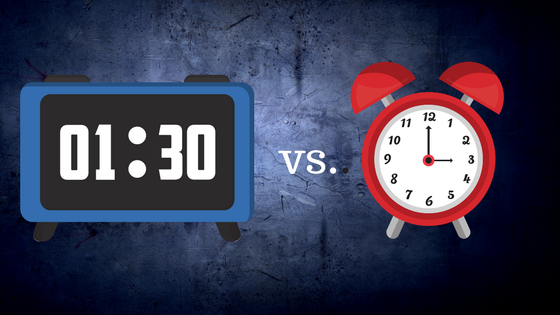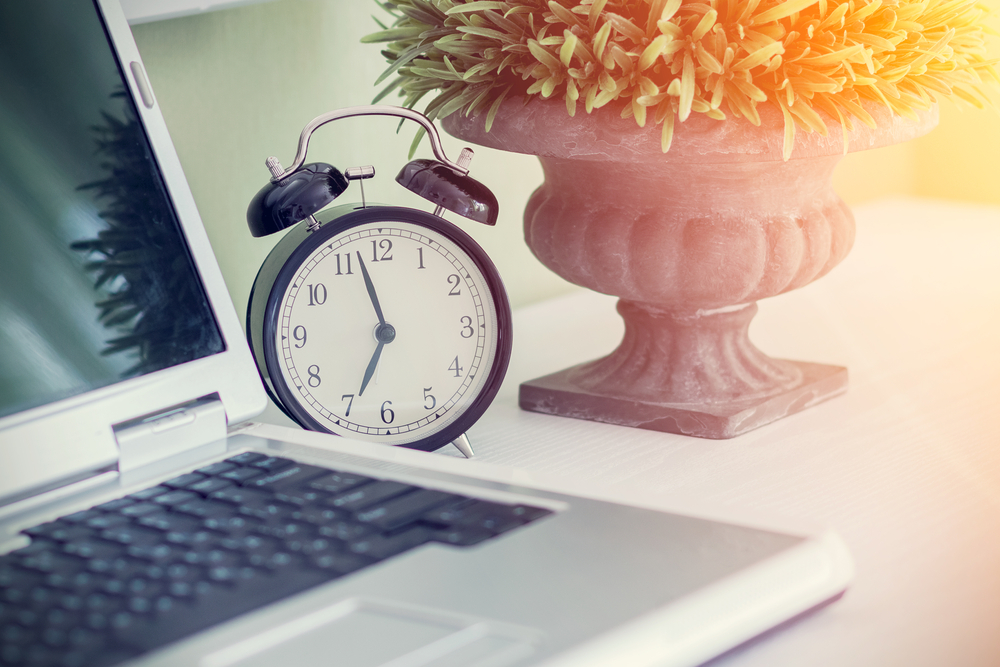16 comments
Attended your session the other night and enjoyed it. Although I’m ADD myself, and can define and answer questions about metacognition, I don’t feel like I have a good bank of strategies to overcome some EF deficits. Thanks for your work.
When is your book coming out? Can I call you sometime? I’m interested and inspired by your work.
Hi Randy,
Sorry to be late in responding. I’m fairly new to the whole sophisticated website thing, and just this morning I actually found about your comment. Links from Comments weren’t being sent to me so I didn’t even know I had something to respond to! Life is a learning curve!
I’m pleased that you enjoyed my presentation. I’d be happy to talk with you, but it will have to be a few weeks. Check back with me in late November. In the meantime, you might consider attending my workshop on Nov. 13th, in Portland. It is exactly for folks like you— people who want to help out struggling students. I’ll be going through the whole workbook just as I do with client families only you will be the participant. The Instructor’s Manual is very very close to going to the printer. It should be ready to ship by the end of November. You can learn more about the workshop on the home page of my website. I’d love to have you join me. There is a big need for people to offer this course.
Keep in touch and it’d be great to see you on the 13th,
Marydee
Just had a conversation with my 20’s something kids, who grew up on digital and can’t relate to analog clocks. (My sister and I prefer analog, and couldn’t explain why. Your tip does.
I’ve sent them the link.
Wow—you spoke directly to me! I have always preferred analog clocks, but I didn’t know why. I also have been obsessed with time management since I was a little kid, and I’ve wondered if it was because I know I’m just not very good at it. I will be reading all of your old posts. You have provided a gold mine of information that is desperately needed! Thank you so much!
Laura, So happy to hear that you have found value in reading my blogs. Thanks for letting me know. Happy reading!
Any tips for if analogue clocks don’t work for you? I have pretty severe time blindness and don’t notice time passing. Most analogue clocks tick which is a horrible sensory thing for me – I just can’t cope with a ticking clock anywhere in the house. And then unless I’m just sat staring at the clock constantly watching the hands move, I have no idea about the passage of time. I can’t seem to remember what the time said last time I looked at it, so don’t get any “x amount of time has passed” information from an analogue clock and don’t get much without manually counting all the dashes how much time is left to the next time. This could be something to do with also having dyscalculia perhaps?
Anyway for me I find clocks in and of themselves pretty useless. If I’m watching the clock, I can’t focus on doing any tasks and if I’m doing stuff I don’t remember to look at the clock. It makes no difference to me if its an analogue or a digital clock except if its digital it at the very least tells me the time, whereas an analogue one I have to spend time figuring out what time it is.
I’m trying to create a schedule for myself to work to (I’m disabled and don’t work, and so have no schedule at all, I don’t even wake up or go to sleep at the same time, let alone eat at the same time, so I don’t have anything to build on) but what I’m struggling with is knowing when it is. Its all well and good to say that at 2pm every day I should do X task, but if I don’t know when 2pm is (changing light levels don’t even help me) then I’ll miss doing it at that time or at all as I just won’t realise that time has gone by. I used to wear a watch, but stopped when I realised that there was nothing to remind me to look at it so it wasn’t really serving its purpose, it was just irritating on my wrist.
What I’m really after is something that can just notify me with an audible sound (that isn’t jarring so I don’t just jump out of my skin when it goes off) at times I choose to keep me on track. I have used the Habitica app in the past to help with that and it worked absolutely amazingly. Every two hours it would notify me on my tablet to check I’d had a drink, it would go off at the time I needed to prepare lunch and eat it, and so on for all my tasks. I was finally beginning to get the whole functioning thing. But then the app got updated and it no longer does the push notifications on the tablet versions. Now it only notifies you with an alarm if you use the version on a mobile phone. But my mobile phone is a Nokia 3220 from 2005… so I can’t use that version. I have no idea why they removed that feature and when I asked about it they said it was just a bug that should be fixed soon, but now it literally says that its only available on the mobile app, not tablet app (even though both are android so ????). Without the notifications I wasn’t remembering to do the things any more and everything fell apart again.
It seems that habits are impossible to form for me. I don’t know why, but they just don’t stick. I struggled even at school with following my time table – I’d never know what subject was next and it would take me the entire year to even get remotely familiar with it, only for it to change up the next year. So now I’m 32 years old with zero concept of how to really fix this. Its like I need some kind of assistant, but I don’t want something like the google one that means random people have access to my info, or which listens in to you. That stuff freaks me out and triggers psychosis for me (I multiple things going on with me). But I don’t really know what to search for really. Or even if there is a simple solution.
Alexa, First, there are analog clocks that don’t have that annoying tick. You need to look for a clock with a “silent-sweep second hand.”
Next, I would suggest that a largish whiteboard would make a good place for you to write down the tasks that you want to accomplish in a given day. You don’t have to write down the exact time when you will do the task. Just tell yourself that you want to work on it at some point in the day. Make it a very short list, just a couple of things and include something fun on the list. For the auditory alarm, I would suggest using the alarm function on your tablet. Set alarms to remind you to look at your whiteboard and decide which task you are ready to work on, and start that task. If you Google “How to set alarms on an android tablet” you will get directions if you need help with that. Celebrate every little thing that you accomplish. Little by little, change happens.
Happy to hear that you found this post useful. I FINALLY added an analog clock to my kitchen wall that I face when cooking. I can’t believe how useful it is to keep me on track for dinner prep. Little by little…
Hello, interesting article. Would a clock with roman numerals provide the same effect?
Thank you
Interesting question. If your brain is comfortable reading Roman numerals, then yes, there would be the same effect. The key here is to have spatial visual of the passing of time.
All the points you described so beautiful. Every time i read your blog content and i so surprised that how you can write so well.
Thank you. I am pleased that you are finding value in my blogs. Take care.
Marydee, thanks for suggesting that I have analog clocks in my workspace so I can control my time management issues. Ever since I started working from home, I’ve been having a hard time balancing my workload. I know I have an old analog clock somewhere in the house, so perhaps I should find it and get it fixed by a clock repair service. I really appreciate your tip!
Levi, I’m happy that you found a useful tip. Analog clocks, in sight, are critical for time awareness and time management.


